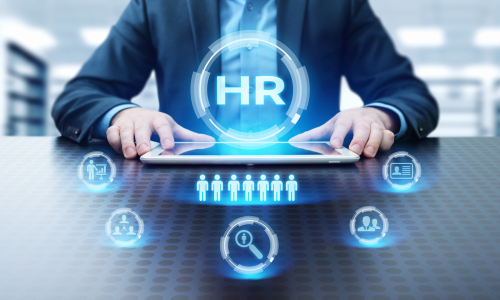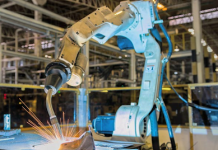The Covid situation has not left any walk of life untouched, right from the way people move around, walk, talk, eat, sleep, behave; from their personal to their professional, everything has undergone sea change. The positions and roles in workplaces too have not remain unaffected because of this, Michael Saltzstein, an expert in handling corporate risks and insurances explains how the roles of the HRs has been massively altered in the recent times.
Pre-covid, the HR was responsible to provide a company with able individuals who would contribute to realizing the goals of the company. They were required to compile the contracts for the employees and look into their onboarding process. The negotiation of the employee benefits was discussed by the HR as was the exit interviews.
An analysis of the performance of the employees who could be eligible for appraisals, conducting trainings while deciding on the perfect trainer and also working on gap-analysis were some of the traditional job roles of an HR. They had nothing to do with the strategic planning of the organization. They would be included only when a plan of action had already been finalized and needed to be implemented. This is the reason in yester years there were a handful of people in the HR department.
This is no longer the scenario, agrees Michael Saltzstein who has extensive knowledge on how to manage risks. The HR is now expected to be actively involved in the process of employee engagement. Finding the best talent and keeping them hooked to the role in an organization has become one of the key roles of an HR these days.
The HR policies which were exclusively handled by the HR team can now be accessed by almost everyone within the organization. The digital variants of these systems allow all within the organization to make changes as and when required to update. Also, if required, information can be taken from this integrated system by anyone of the various departments. This helps increase communication among all members of the various departments.
Some of the latest responsibilities assigned to the HR currently include:
- Building a pool of talent – they are expected to get hold of the best talent in that particular role and book them for the future, as an exercise to ensure the objectives of the organization are met at all times.
- Staff retention – the HR, emphasizes Michael Saltzstein, will do all within their effort to make sure that all employees are satisfied and do not think of jumping ships. This is materialized with the inclusion of the management of social business tools that allow each and every employee communicate their issues with the management team.
- A link between the business authorities and the employees – unlike olden times when the HR did not have to think of anything beyond the provision of appropriate individuals for the position; now the HR is expected to take care of the wellness of the employees. This has been with the realization of the owners that a happy employee would mean a higher performance rate.
Thus, is changing the role of the HR within an organization.









